Reports
-
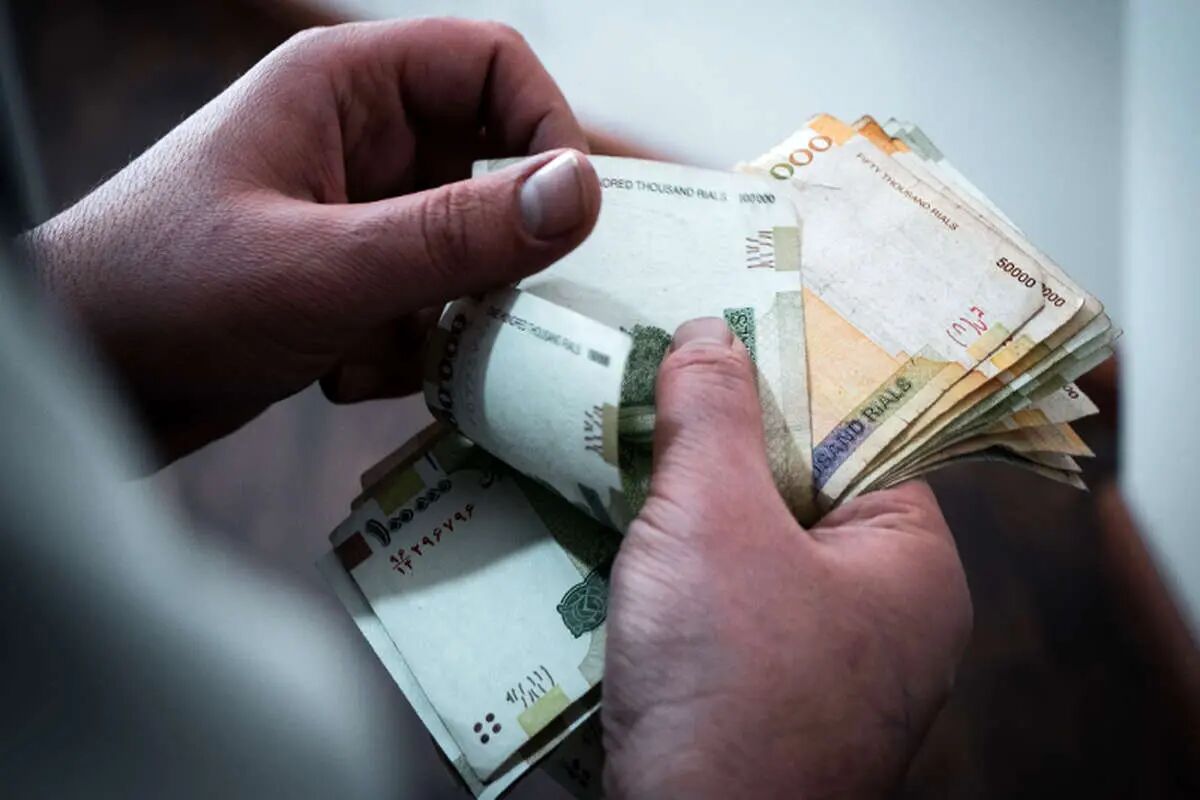
Iran: Minimum Wage and State Manipulated Food Baskets
•
The state in favor employers manipulate the basket food to suppress wages. The Ministry of Health has reduced nutritional needs in the food basket, sparking worker protests. Amid inflation and unemployment threats, the true cost of living is ignored, leaving workers underpaid and increasing hunger, while employers oppose wage hikes…
-
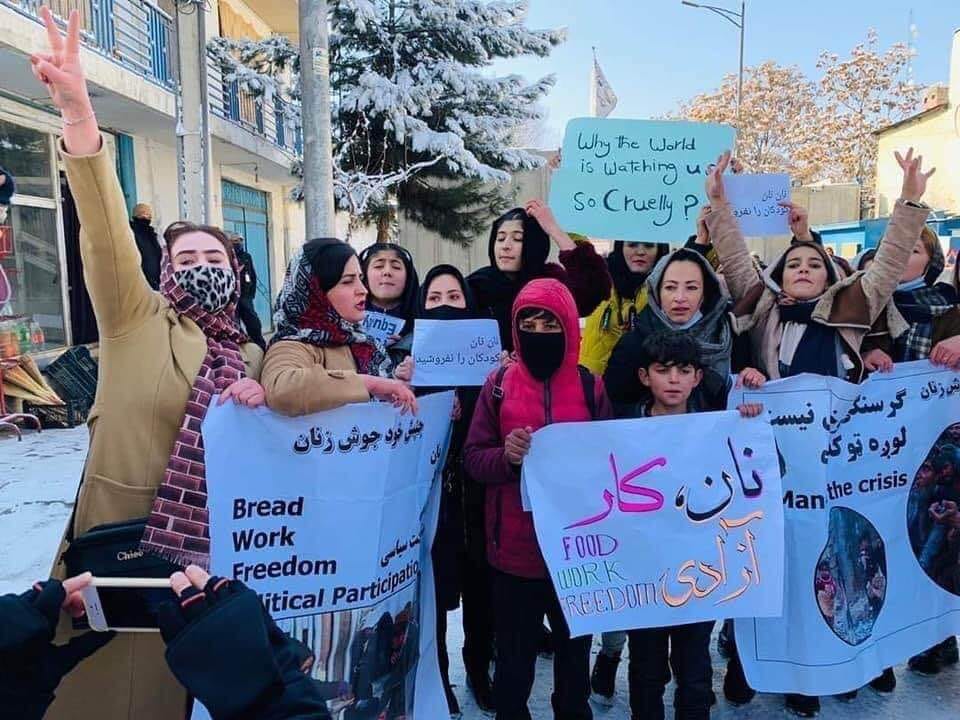
Voices Unheard: Afghan Women’s Fight Against Marginalization
•
The UN meeting on Afghanistan in Doha coincides with protests by Afghan women against Taliban rule. Parwana Ibrahim Khail, a known journalist and women’s rights activist, shared her experiences of imprisonment and torture under the Taliban, including a stoning sentence for alleged apostasy. Despite international outcry and support for these…
-
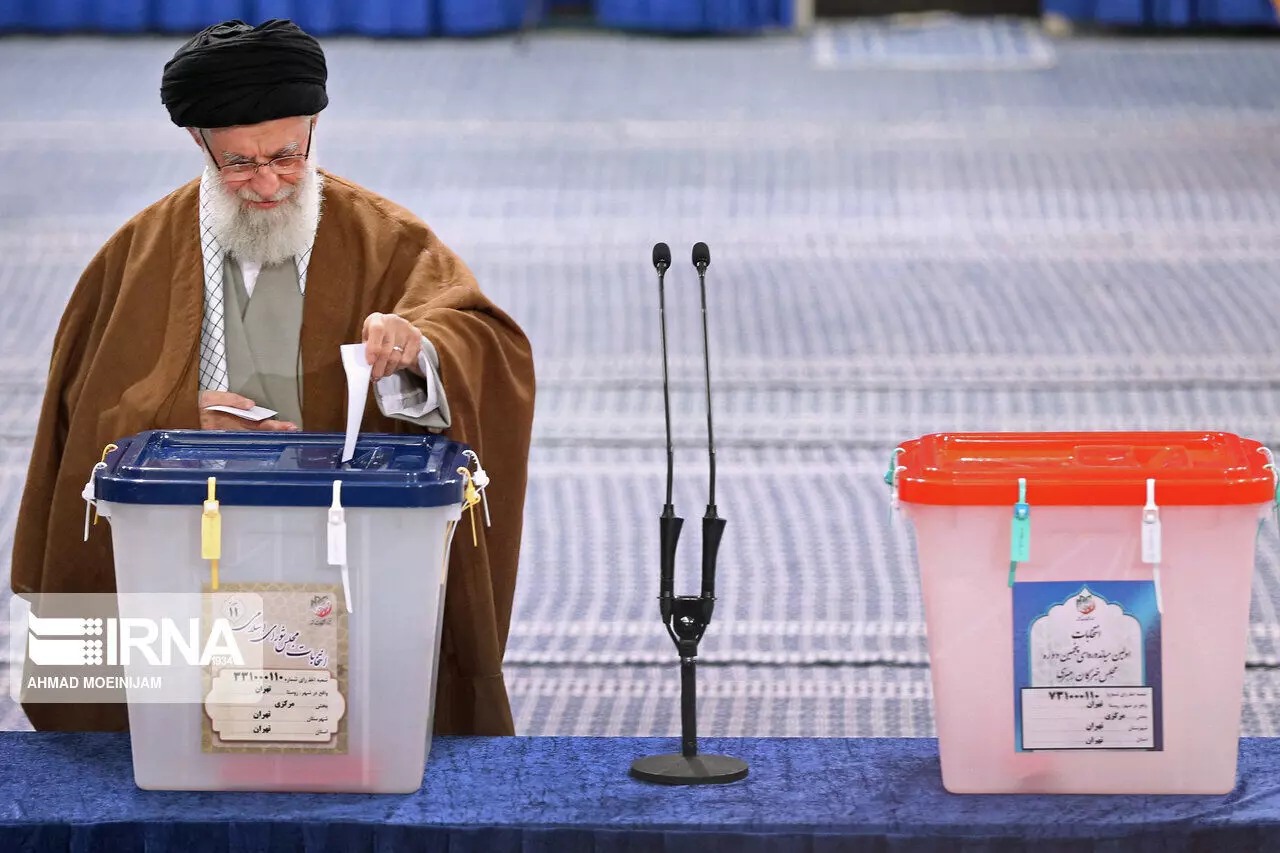
Disqualification Mechanism in Iran Elections
•
Iran is set to hold its twelfth parliamentary elections and sixth Assembly of Experts elections on March 1, 2024. With prevalent disqualifications of candidates, 7 provinces face uncontested seats in the Assembly of Experts, indicating a lack of genuine competition, a trend mirroring Supreme Leader Ali Khamenei’s preference for compliant…
-
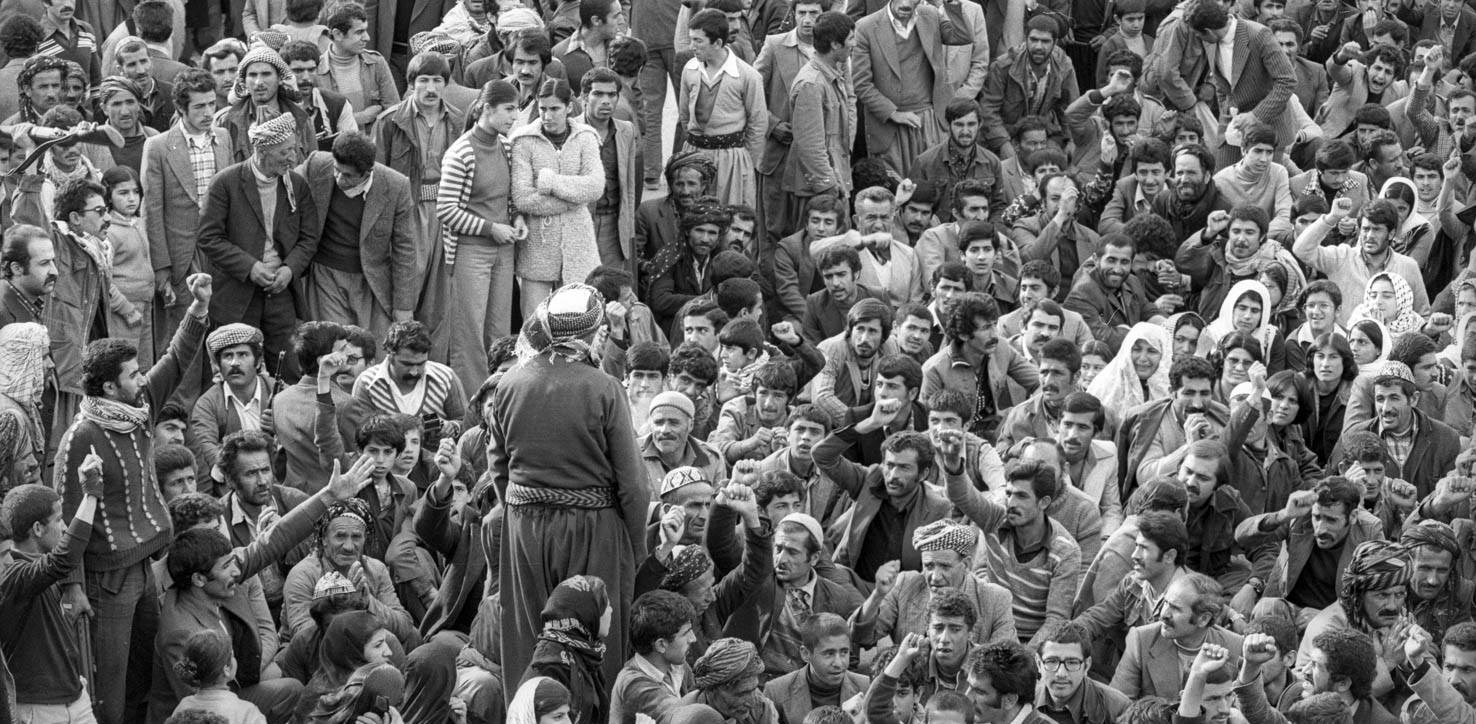
Untold Story of Binke:
The 1979 Resistance of Sanandaj’s City Council•
In a bold and unapologetic exploration, Zaniar Omrani’s documentary “Binke” (The Base) tears into the fabric of Sanandaj’s contemporary political landscape. Omrani doesn’t just depict history; he thrusts viewers into the heart of the furnace. From the explosive liberation of political prisoners in 1979 to the tumultuous birth of Rojhelat’s…
-
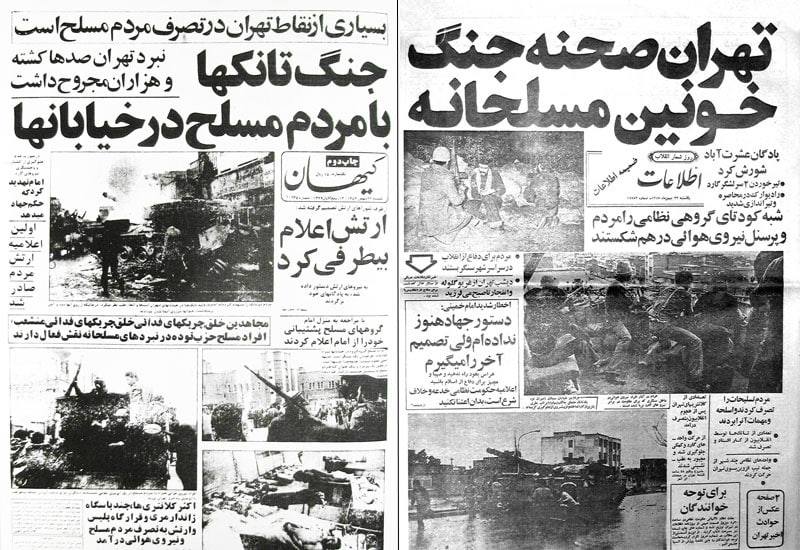
Hidden Histories:
Insights into Bahman Uprising•
On February 11, 1979, Tehran saw an organized, well-armed uprising against state forces, leading to the fall of the Shah’s regime. Guerrilla groups, alongside a determined public, captured key locations including police stations, military barracks, and the radio-television center. Despite resistance, the insurgents secured arms, released prisoners, and occupied government…
-
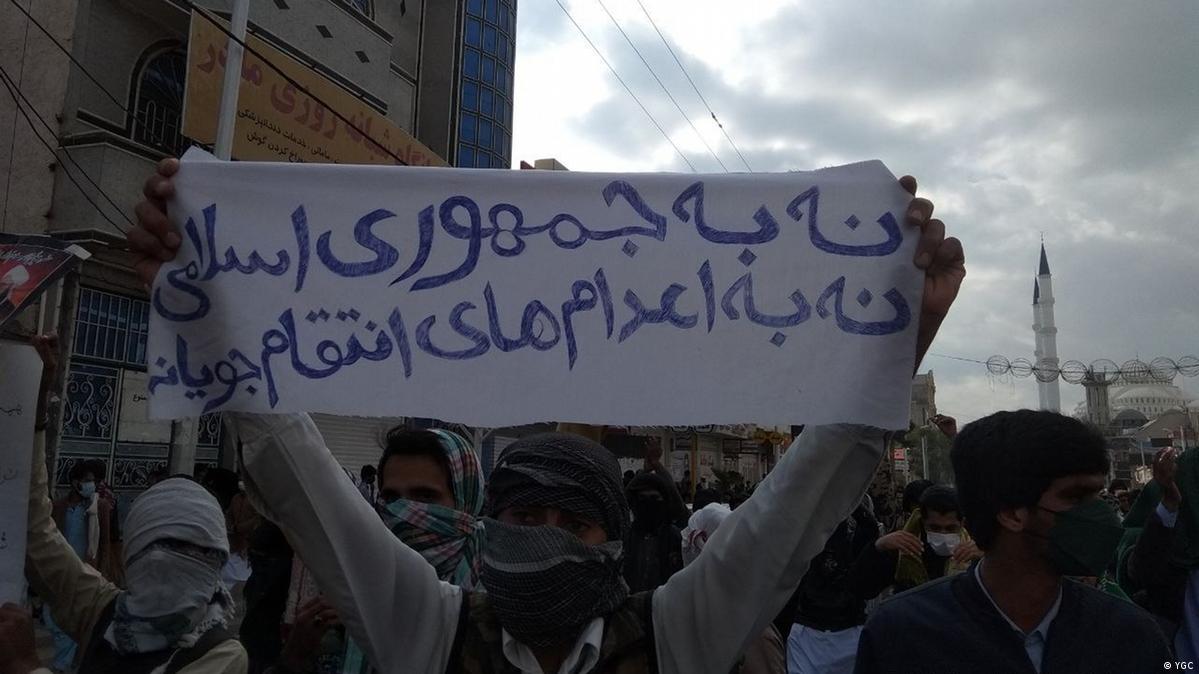
Iran: A Movement for Life Against Execution
•
Recent reports from Iran show a troubling increase in executions, with political dissidents like Worishe Moradi and Shahab Nad-Ali charged with “Baghy,” equating to rebellion. January 2024 saw 86 executions, outpacing new death sentences. This reflects an apparent policy shift or “cleansing” effort, with the death penalty used to suppress…
-
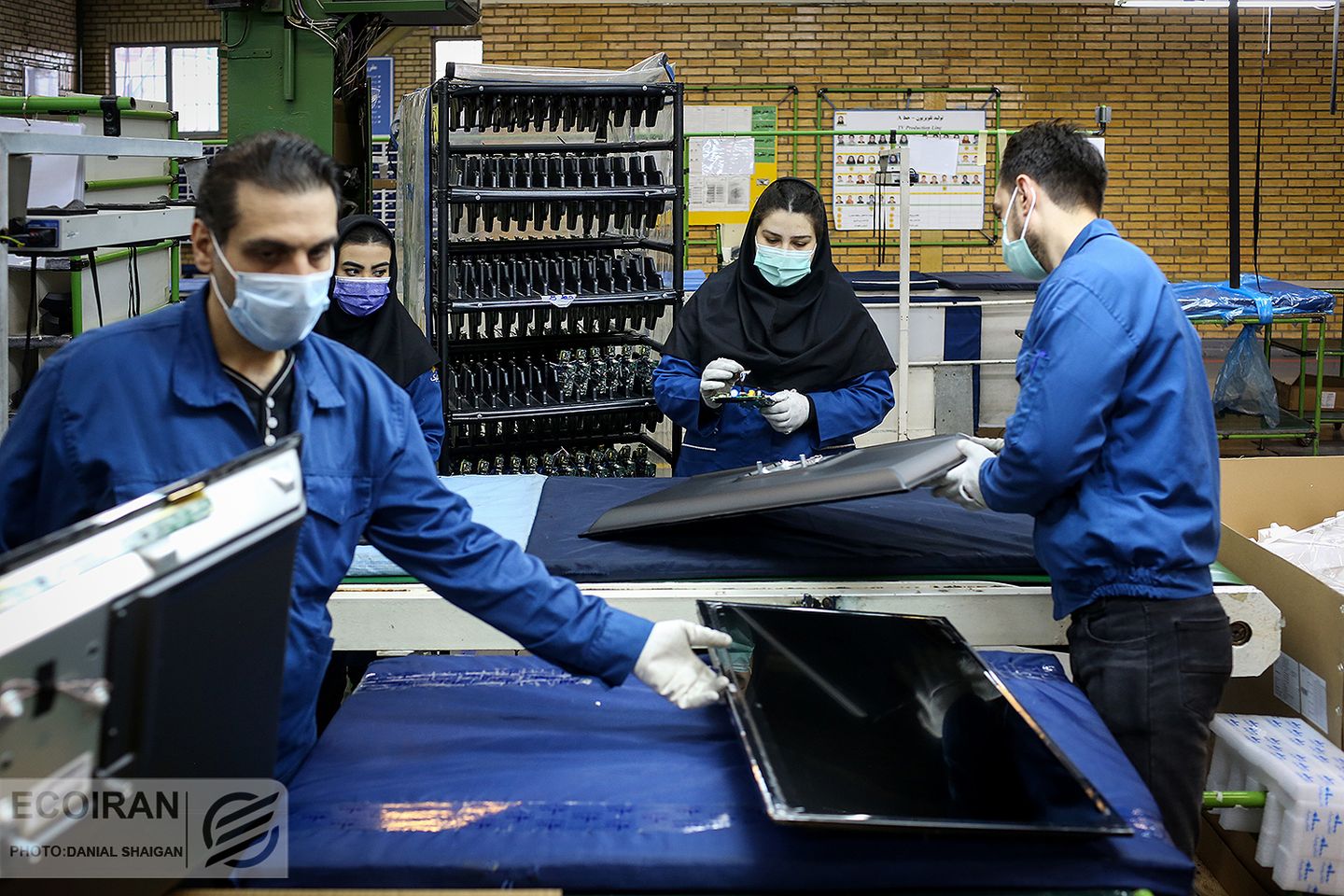
Iran: The Colonial Legacy of Women’s Exploitation
•
Iran’s Deputy Minister of Industry announced the closure of 6,900 industrial units, exacerbating unemployment and poverty, with women hit hardest. Official data shows women’s employment decreasing, with informal jobs, accounting for 70% of employment, leaving them vulnerable to exploitation and without legal or social protections. The patriarchal and misogynistic culture…
-
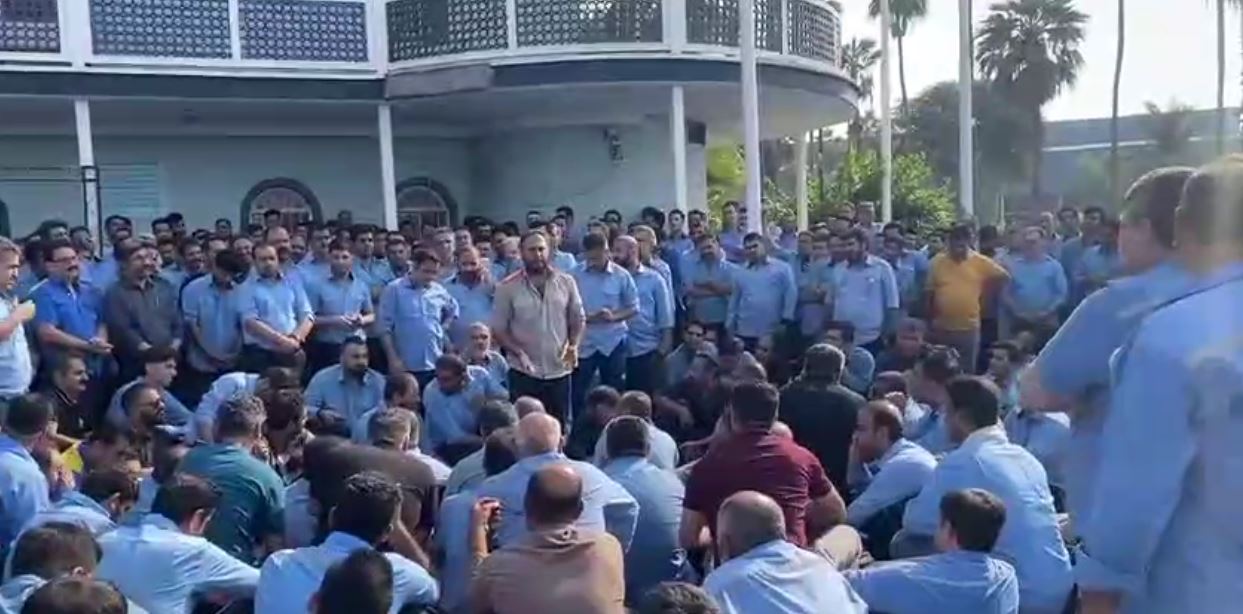
Iran: Ahvaz Steel Workers Against Privatization
•
Recently, steel workers in Ahvaz, Iran, intensified their protests over fair compensation, job classification, and job security, clashing with National Steel Factory management. The conflict arose after a corrupt privatization scheme, inequitable salary practices, and management’s refusal to uphold agreements. Workers have initiated strikes following failed negotiations and are challenging…
-
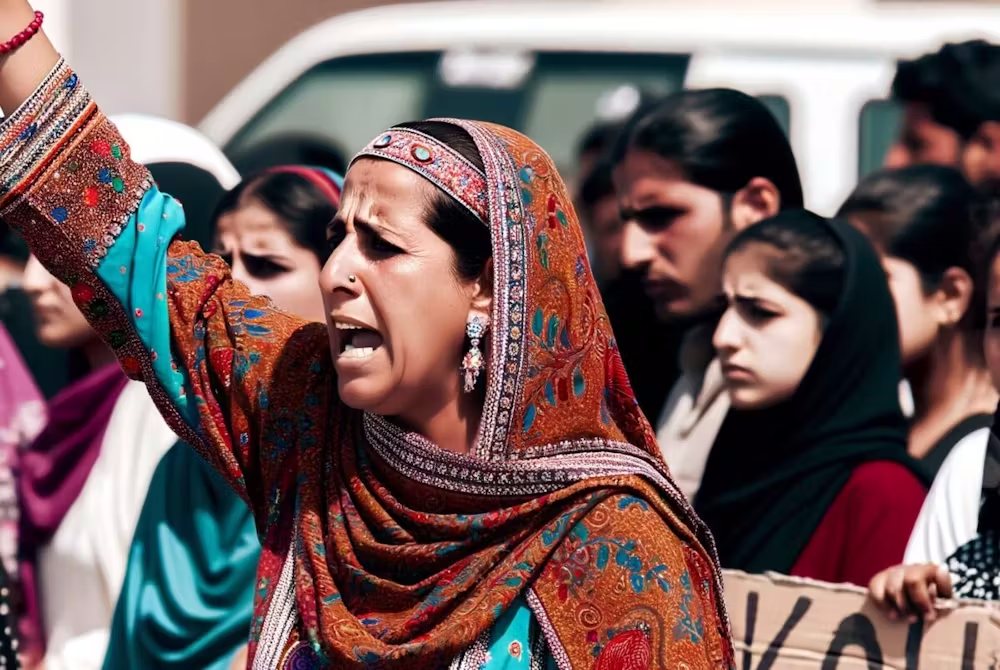
Women’s Activism in the Heart of Balochistan
•
The history of Balochistan is deeply intertwined with the experiences of its women, whose stories of resistance and resilience offer valuable insights into the region’s cultural, social, and political landscape. Baloch women have been pivotal in movements against oppression, mitigating human rights abuses, and challenging authoritarian regimes, particularly in the…
-

Mohammed Ghobadlou; Story of a State Murder
•
24-year-old Mohammed Ghobadlou was executed in Iran for alleged involvement in protests after Mahsa/Jina Amini’s death. He faced charges of murder and Moharebeh, driving into police and causing death and injuries. His trial lacked proper legal representation, and his execution, the ninth linked to protests, followed dubious judicial processes, sparking…
-
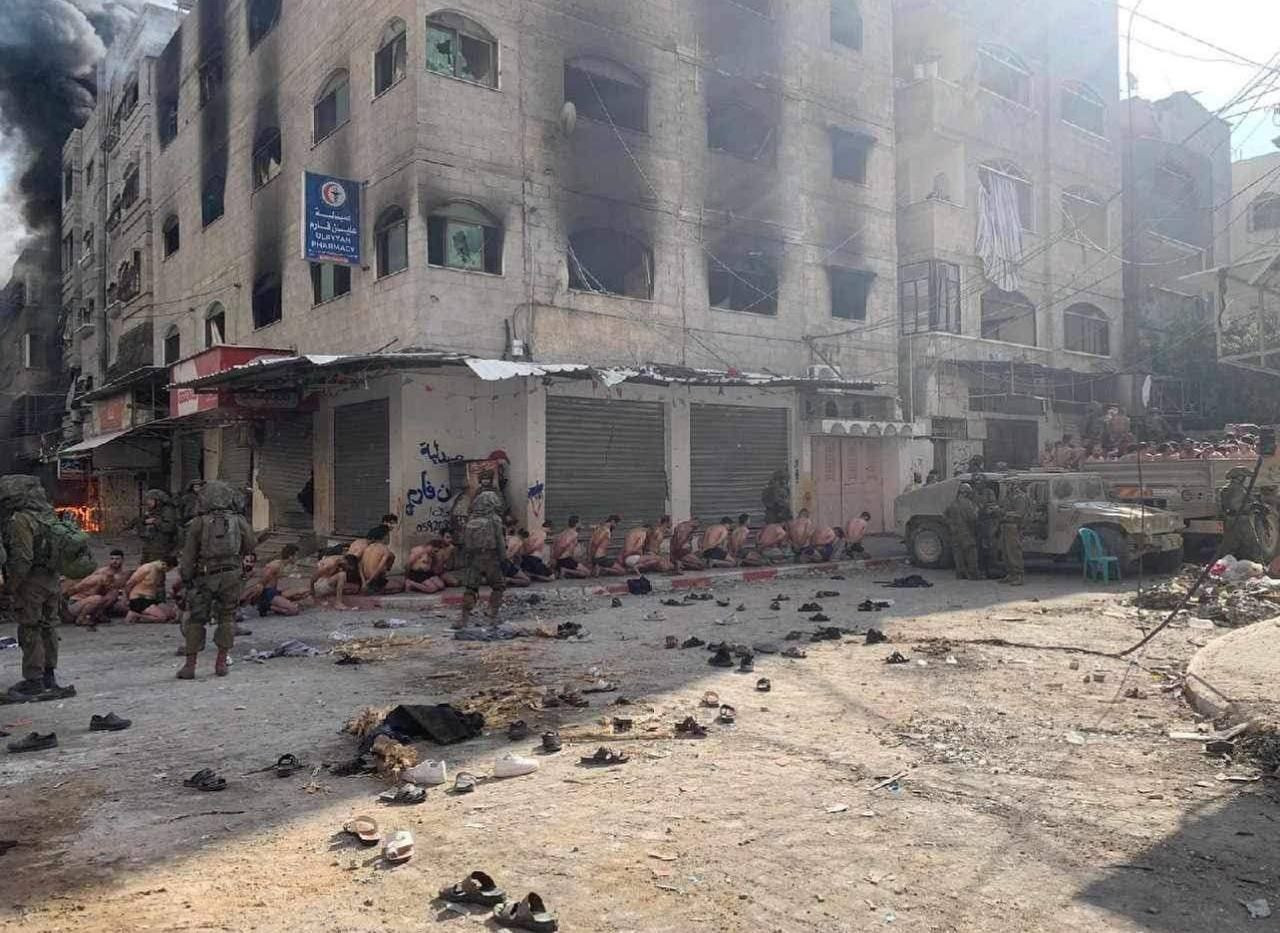
Beyond the Frontlines: A Harrowing Account of Systematic Abuse by Israeli Soldiers
•
In December 2023, shocking images from Beit Lahiya, northern Gaza Strip, revealed Palestinian men getting forcefully detained by Israeli forces. Reports from various sources depicted systematic mistreatment in Israeli military detention facilities, including electric shocks, burns, enforced sleep and starvation, and physical abuse. The Realities for Palestinian Civilians in Gaza…
-

Silent No More: The Roya Heshmati Story
•
Roya Heshmati’s story, an opponent of the compulsory Hijab in Iran, has sparked significant attention on social media. Roya, 33, lives in Tehran but is originally from Sanandaj. On her Facebook, she shared her experience at the District Court of Area 7 on the 13th of Dey. She was there…



